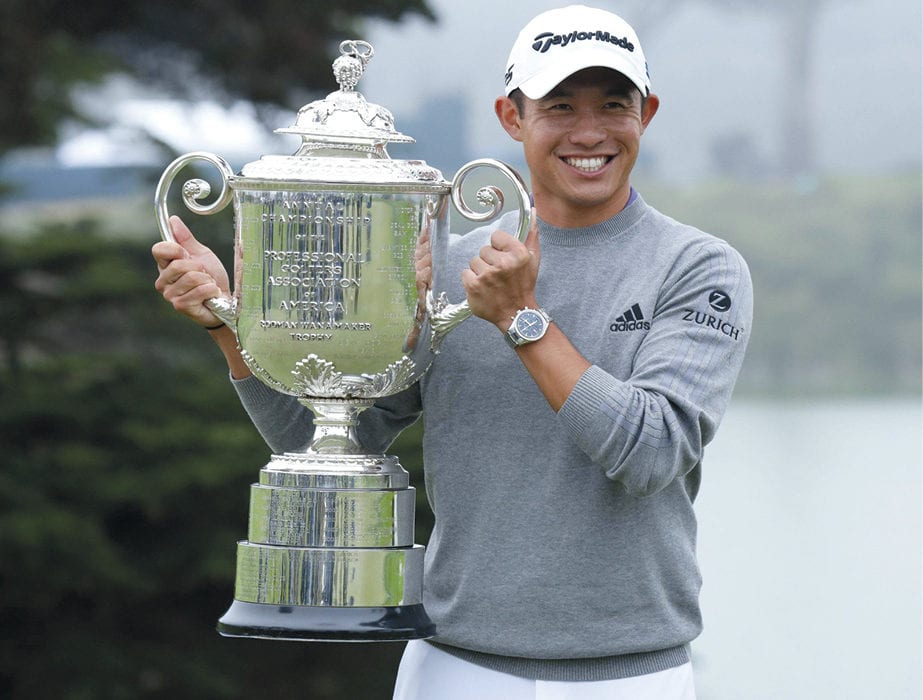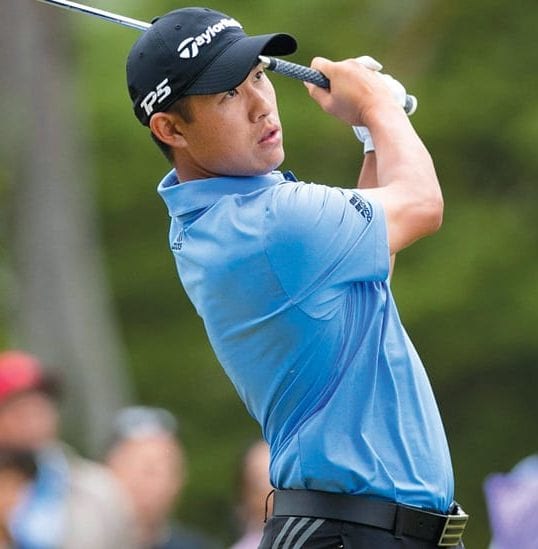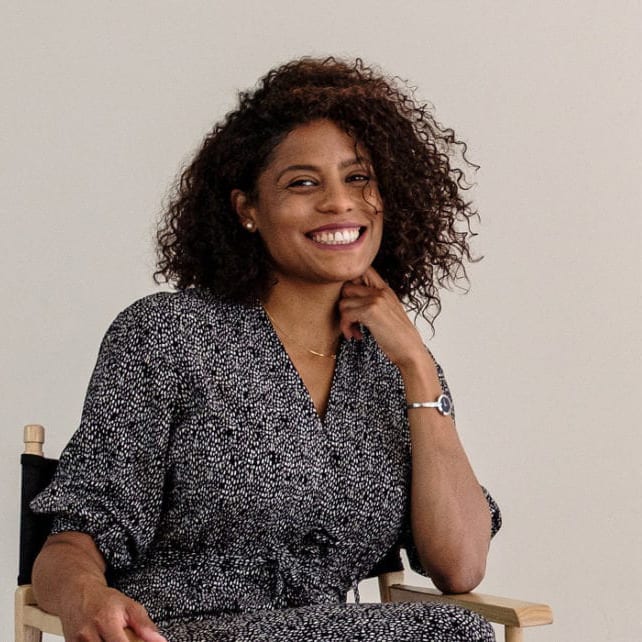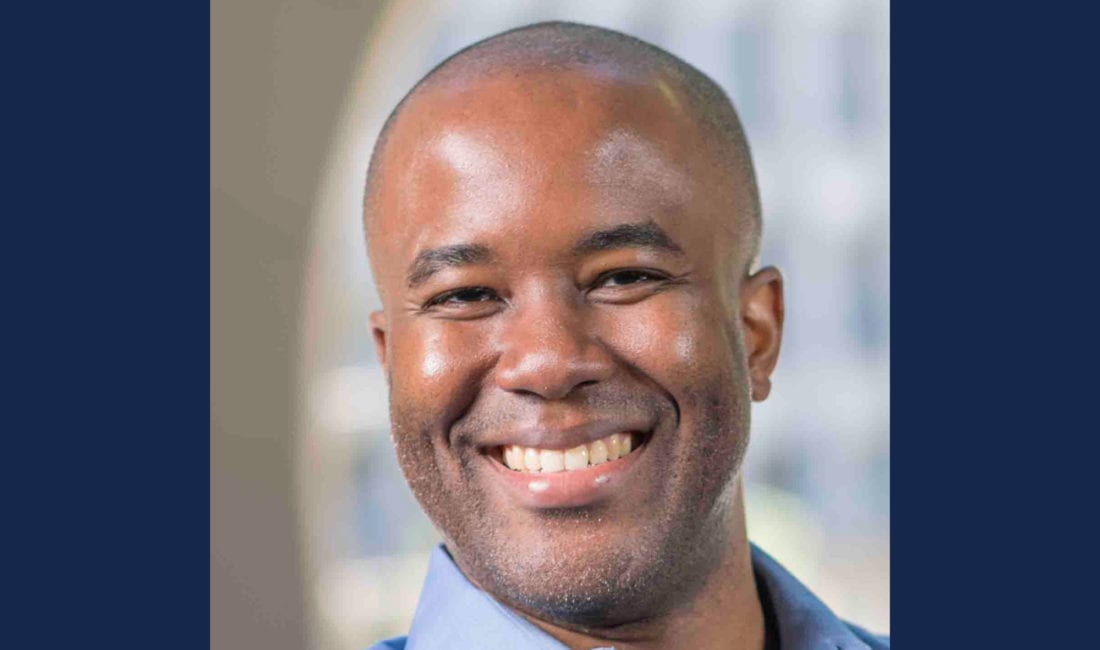Stress Marks
Collin Morikawa, BS 19, sized up a putt during a sudden-death playoff round at a PGA tournament in Fort Worth, Texas, this past June.
The ball was just three feet from the hole, a simple shot, and Morikawa was already mentally celebrating victory. “I thought all the hard work was done, and I had already hit all my bad shots,” Morikawa remembers. He tapped the ball—then watched it spin around the cup and out of the hole. “The biggest thing I learned from that week was to never get ahead of yourself. Every shot counts; everything you do matters.”
That lesson paid off two months later as he knocked in a seven-foot putt on the 16th hole to seal his victory at San Francisco’s Harding Park Golf Club in the 2020 PGA Championship—one of golf’s four prestigious major championships. Holding the giant silver trophy aloft, Morikawa was elated to follow in the footsteps of golfing greats, including his childhood hero, Tiger Woods. But he wasn’t surprised to find himself on the pinnacle of golfing greatness. After all, he’d been preparing for the moment for four years as an undergrad at Berkeley, calculating everything he’d need to do to achieve his goal—and learning from his mistakes along the way. “I just felt very comfortable in that scenario because I had worked so hard,” Morikawa says.

In addition to his major championship win, Morikawa has two other first-place finishes on the PGA tour: the Barracuda Championship in 2019 and the Workday Charity Open in 2020.
He fell in love with golf early, following his parents to the range while growing up in Los Angeles and taking his first lesson at age five. He was inspired watching Woods—a young, Asian American golfer like himself—transform the sport.
Morikawa enrolled at Berkeley with a single-minded focus to learn how he could succeed as a professional golfer, treating the endeavor as much as a job as a sport. “If you look at big professional athletes, they’re running their own business, which is their name and their brand,” he says. “I wanted to invest in my future and learn as much as I could so when I turned pro I would be ready for the outside world.” He gravitated toward Haas, taking courses in finance, marketing, and entrepreneurship.
If you look at big professional athletes, they’re running their own business, which is their name and their brand. I wanted to…learn as much as I could so when I turned pro I would be ready for the outside world.
 He was aided by Haas Lecturer Stephen Etter, BS 83, MBA 89, who first met Morikawa in his corporate finance class. In the past, Etter has taught a finance and branding course specifically tailored to student-athletes. Now, along with men’s golf coach Walter Chun, BS 01, Etter helped Morikawa plan his strategy. “Collin was very analytical and thoughtful, examining all aspects of being a professional,” Etter says. “Being a pro golfer is akin to being an entrepreneur; no team takes care of logistics for the player.” Together, they explored every element of his eventual career, from planning hotels, airlines, and dry cleaning for a 12-event tour to making decisions about brand endorsements (Morikawa signed multiyear deals with TaylorMade and Adidas upon turning pro). “We went through the complete business plan process,” Etter says, “thinking through what it meant time-wise, how it set him up for other endorsements, what it meant in terms of social responsibility and ethics, what it said about him as a brand.”
He was aided by Haas Lecturer Stephen Etter, BS 83, MBA 89, who first met Morikawa in his corporate finance class. In the past, Etter has taught a finance and branding course specifically tailored to student-athletes. Now, along with men’s golf coach Walter Chun, BS 01, Etter helped Morikawa plan his strategy. “Collin was very analytical and thoughtful, examining all aspects of being a professional,” Etter says. “Being a pro golfer is akin to being an entrepreneur; no team takes care of logistics for the player.” Together, they explored every element of his eventual career, from planning hotels, airlines, and dry cleaning for a 12-event tour to making decisions about brand endorsements (Morikawa signed multiyear deals with TaylorMade and Adidas upon turning pro). “We went through the complete business plan process,” Etter says, “thinking through what it meant time-wise, how it set him up for other endorsements, what it meant in terms of social responsibility and ethics, what it said about him as a brand.”
At the core of Morikawa’s plan was a fierce competitive spirit. At Cal, he followed a rigorous training schedule that paid off with a three-week stint as the top-ranked amateur golfer in the world in 2018 and five championships, including the PAC-12 Championship in 2019. His competitiveness carried over to his academic classes as well. “Maybe I wasn’t going to be the smartest student in every class, but I thought I could compete with every other Haas student,” Morikawa says. “Granted, in a lot of classes, I’d show up and 90% of the class knew more than me, but that just allowed me to learn.”
More than anything, Etter and Chun instilled in Morikawa tenacious time management, asking him to always consider how much time he had on the range, to study, and for his girlfriend. “He made every minute count,” Etter says.

Golfers typically engrave their clubs with different names, and Morikawa always made his food related. “Every one of them now has a breakfast item,” he says. “It keeps it fun for me to have that in my golf bag.”
Morikawa credits the approach with making him a better golfer. “School taught me a lot about being efficient, and I bring that now to what I do,” he says. Golfers are often on the road, and Morikawa learned to study while traveling to keep up academically. He still found time to have fun, exploring the dining scene in San Francisco with his girlfriend, Katherine Zhu, a golfer in her own right who attended Pepperdine University in Malibu. Golfers typically engrave their clubs with different names, and Morikawa always made his food related. “Throughout college, I was stamping steak and different cuts of beef,” he says. “Every one of them now has a breakfast item. It keeps it fun for me to have that in my golf bag.”
While Morikawa easily could have left college to go pro, he stayed to soak up every lesson he could. “I used my senior year to get prepared, figuring how much I was going to travel, what kind of stretching routines I was going to do, how much practice I was going to give myself before and after rounds.”
Morikawa’s diligence paid off as he hit the circuit after graduation last year, tying for second in one tournament and fourth in another to earn his PGA Tour card for the 2019–20 season. In fact, he started his career with 22 consecutive cuts (that is, he made the cut after the first rounds of a tournament to play in the weekend rounds)—a record only bested by Tiger Woods, who started his career with a streak of 25. Morikawa attributes his quick start to careful planning that set him up to focus on the sport. “All I had to do was play golf, and that’s what I do best,” he says.
Despite his missed putt in Fort Worth, he stayed competitive throughout the tour, entering the PGA Championship in San Francisco in August in a good position to win. His victory was by no means assured, however. In the last round, nine players traded the lead heading into the back nine. Morikawa separated himself from the pack on the 14th hole, chipping in a 54-foot shot from the rough to take the lead by one stroke. That was nothing, however, compared to his performance on the 16th hole. Previously, Morikawa had decided he would aim to reach the green in two shots, but at the last minute, he changed his mind, blasting his tee shot 293 yards onto the green, just seven feet from the hole. “I had an opportunity, and I made something out of it,” he says now about the shot. Sinking the putt put him ahead by two, virtually assuring him the trophy with two holes left.
This time, however, Morikawa took nothing for granted. “Obviously, that was the shot I’m going to remember forever, but this is a major championship, and anything can happen, so you’ve got to finish it out.” His focus paid off as he finished out the last two holes, ending up 13 under par for the tournament, two strokes ahead of the next player. After sinking the last putt, he allowed himself to take in the enormity of his victory: the first pro golfer to win the championship on his inaugural tour in nearly a decade. And at 23, the third-youngest winner in the modern history of the tournament.
“It felt amazing, and it felt right,” Morikawa says. After all of his years planning for the moment, the win didn’t feel like a dream at all but something he’d earned through diligence and hard work. Since the victory, Morikawa has already been considering the next stage of his career, including how to invest the $1.98 million in prize money and grow his brand. “Obviously, life has gotten a lot busier,” he says. But despite his impressive accomplishment, he sees it not as the culmination of a lifelong goal, but as the first step in a successful career. “I think back to being a kid and now living out my dream,” he says, “and I want to keep this going forever.”
Posted in:



